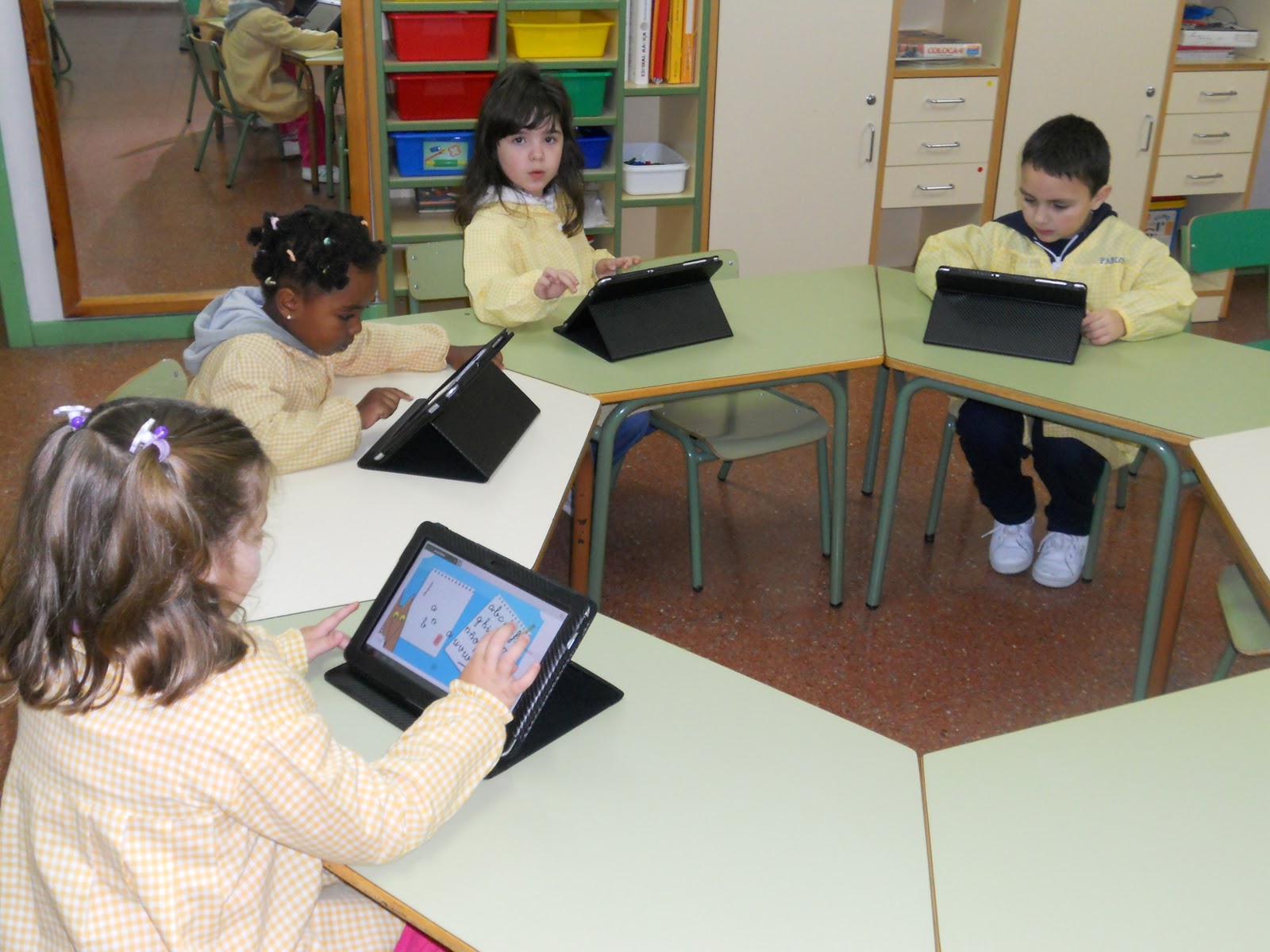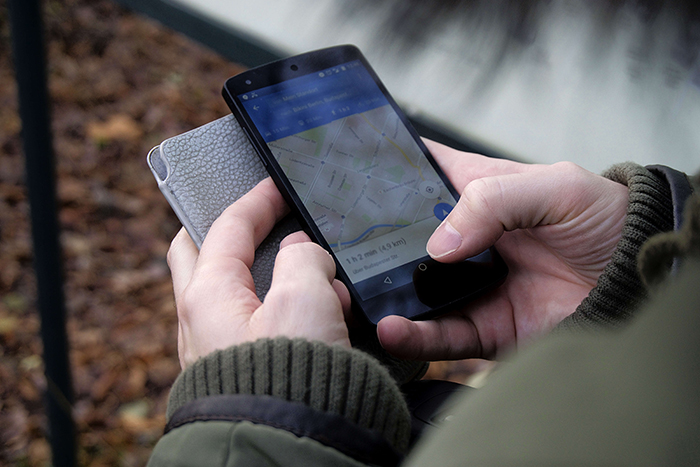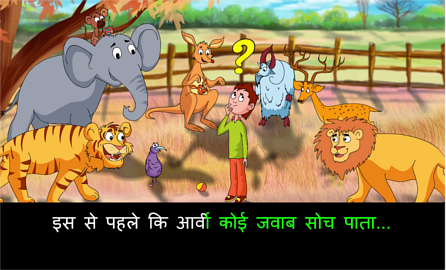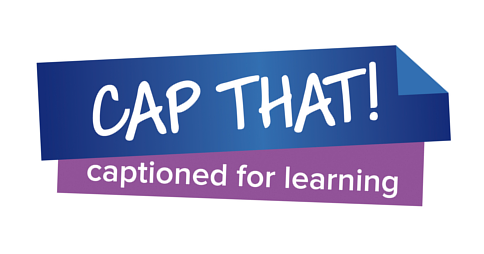Education
What is media access?
Media access refers to how digital, web and broadcast content can be used, read or viewed by people with disabilities, particularly those who are blind, vision impaired, Deaf, hearing impaired, or who have a cognitive condition or mobility disability. This includes the provision of effective access to websites, online information, digital communications, streaming services and broadcast television, as well as access in the classroom, cinema and the arts.
Top of page
Five tips for teachers of students with hearing impairment
Find captioned education content
CAP THAT! was an initiative of Media Access Australia encouraging teachers to use captions in the classroom for learning and literacy for all students. It is still available as a legacy platform but does still offer relevant Information on how to find and use captions plus lesson plans and some short ‘how to’ videos are also still available to assist teachers.
Additional sources of captioned content appear in the list below.
Top of page
Curtin University receives grant to investigate the impact of mobile apps on people with a disability
PCWA online course aims to promote accessibility
Using captions for children’s literacy in any language
The most popular accessibility stories of 2015
CAP THAT! recap
Captions: essential for learning
This downloadable brochure is available for teachers, librarians and teachers of the Deaf to use and share, explaining how captions provide literacy, learning and accessibility benefits for all students. Available information includes:
Top of page







